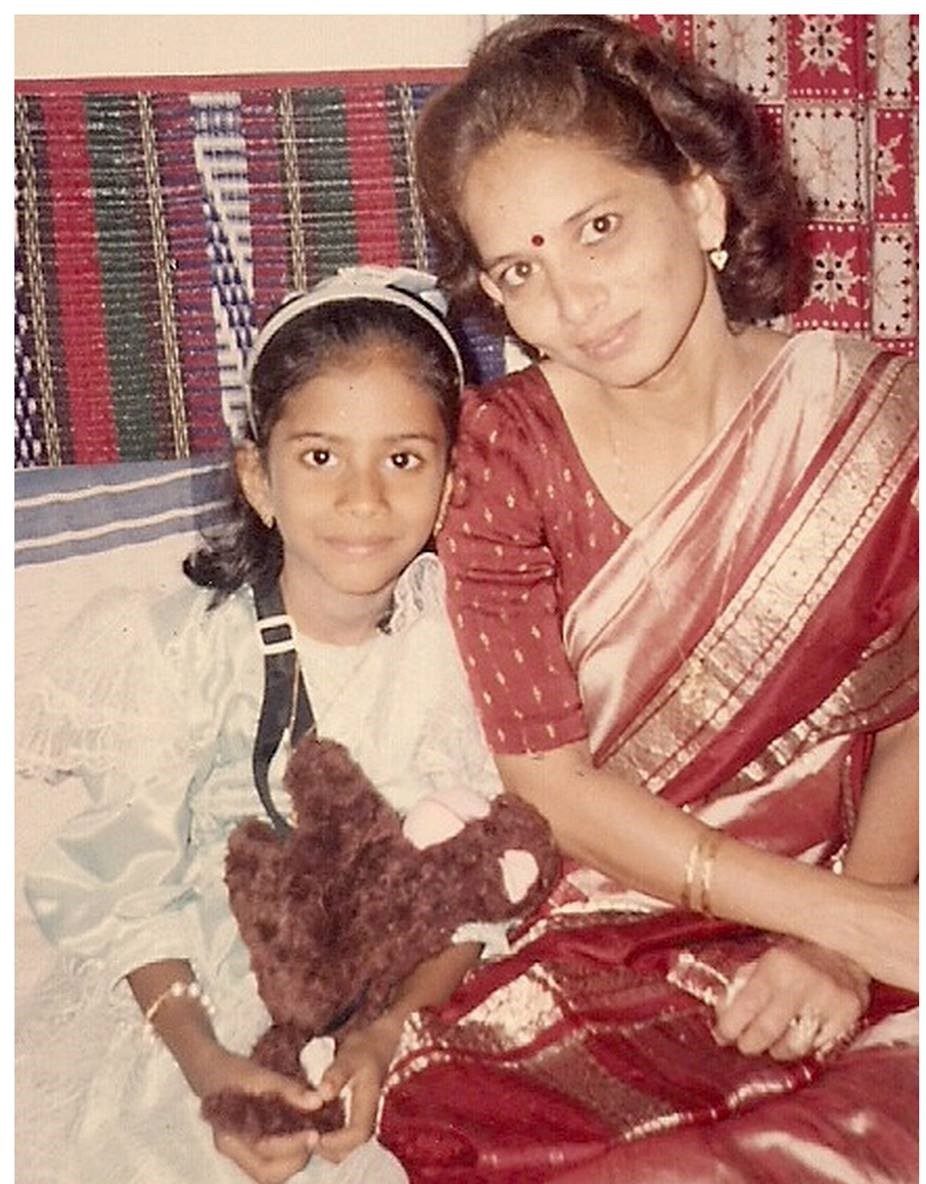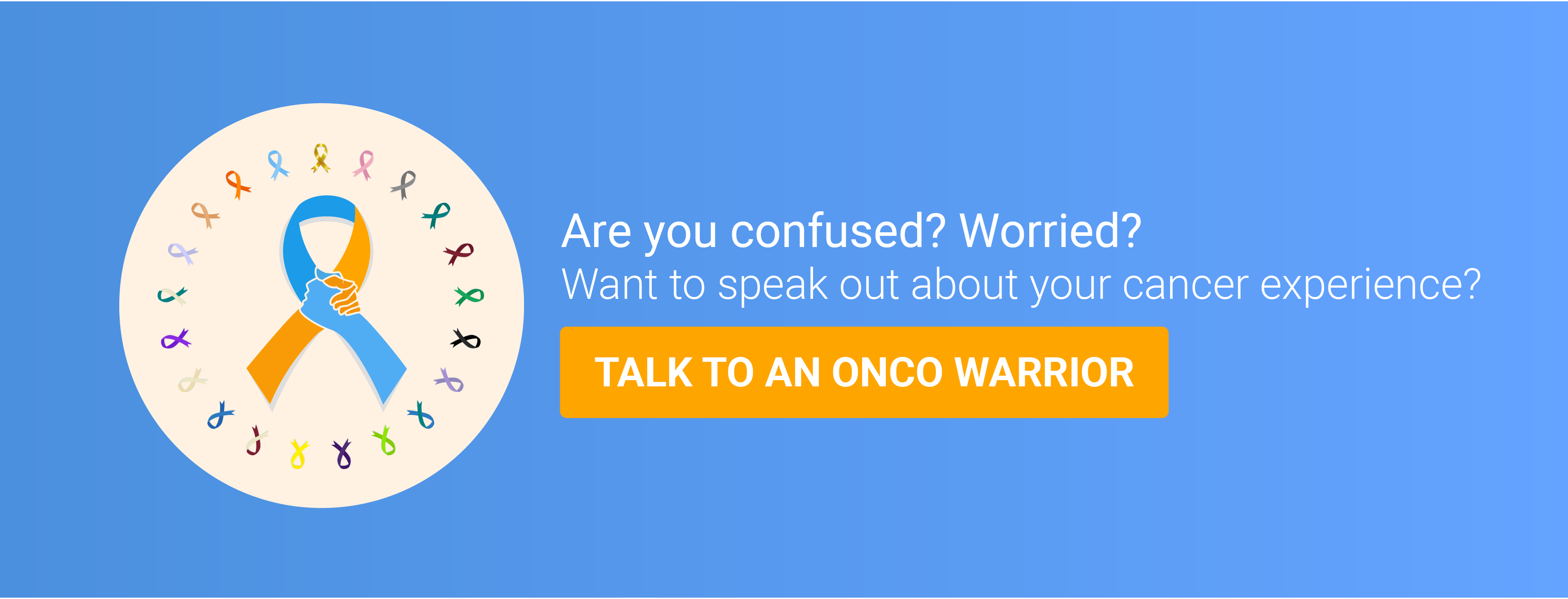Talking about the cancer diagnosis of a loved one can be difficult for a family, especially when it comes to talking with the children. As parents, it is natural to worry about how the child perceives the disease, and whether they might misunderstand the cause and nature of the disease.
While we want to protect our young ones, we also want them to be aware of what is happening. Not knowing why a certain family member cannot play with them like they used to, or why they need to be taken to the hospital, may leave them confused. But sharing too much, may cause them to become anxious.
Dealing With It
At the age of 6, Bona’s family dealt with cancer at close quarters, when her younger sister, Chris, who was at the time 3, was diagnosed with brain tumour. Overnight, her parents found themselves dealing with numerous hospital visits, expensive medical bills, and the physical and emotional exertion of dealing with a sick young child.
All this, while they continued to work full-time at their respective jobs and were also primary caregivers for their other daughter – Bona. She recalls how they helped her deal with this situation, even as the experience took a toll on their health.

Taking Things Under Control
From her experience with her sister’s cancer at such a young age, and a decade-long experience as a therapist, Bona lists out key take-aways for parents dealing with a similar situation.
Keep them informed
Hiding the diagnosis from the children in the family may not be the best option. They will begin to notice changes in the physical appearance and the energy levels of the cancer fighter and may ask questions.
When they do not receive convincing answers, they may begin to form their own, often incorrect, conclusions. To protect them from blaming themselves for something that is beyond their control, and to prepare them for consequences of the disease and the treatment, it is important to talk openly with them.
- Tell them that this particular family member is sick.
- Tell them that there will be treatment and how long the treatment will take.
- Inform them that the sick person may not be able to interact with them as much as they used to, as they may be tired.
- Allow them to interact with the sick person when possible.
Show them how to deal with the news
Children may not have dealt with a similar situation before and may not know how to react to the news you are sharing with them. Guide them on their response to the situation.
Here are some things you could say:
- “It’s okay to feel sad about this. I am sad, too. But we can deal with this together. I’m here with you. You can tell me how you feel.”
- “There are lots of things we don’t know yet. We don’t know when he/she will get better. Or, when they will be able to play with you again. We have to wait and find out. I will tell you as soon as I know.”
- “He/she is sick now but we are hoping they will get better soon. That’s why we are taking extra care of them. They need rest and sleep. Let’s not disturb them while they are trying to rest.
Use play to help them express themselves
When her family went through their journey, Bona remembers how everyone used to sing for her sister, who constantly needed music as she battled her cancer. Often, children find it difficult to find the right words for the emotions they go through, as their verbal skills have not fully developed yet.
Use role play, or drawings to help them express what they are feeling. You can ask about what they have drawn, or why they have chosen a particular role to play.
Role playing situations may also help children to enact what they are unable to express. Playing house or doctor allows them to process the situations they are facing in their real life. Be around the child to give them a feeling of security at a time when they are observing a lot of changes at home.
Managing expectations
Children tend to ask the same questions repeatedly. If you tell them that the loved one suffering from cancer will be fine soon, they may end up asking you how much longer that will take. Manage their expectations by giving them realistic timelines.
Talk to someone
It is important for both children and adults to be able to talk to someone about how they feel. If you find your child acting out, you may want to help them express themselves in more calm ways by using storytelling to touch upon real life situations they are facing. If you find yourself unable to comfort the child, try speaking to a counsellor or a child psychologist about it, as they may be able to give you a different perspective on the matter.
Take care of your own physical and mental health
Very often parents and caregivers end up neglecting their own wellbeing, and this can cost them dearly. Without sufficient sleep, exercise or relaxation, the best of us can get irritable and irrational. Children tend to reflect your mood and imitate your reactions. If you are always stressed, they will absorb that tension and begin to feel it themselves. Dealing with your own unresolved conflicts and anxiety, can help maintain a more positive atmosphere at home.
Tough times can be unsettling and stressful, for both the young and aged, but it is easier to overcome these challenges when we are able to support, and help each other.
If you have further questions for a psychologist or would like to share your own experience with cancer, write to us at community@onco.com.
*Bona Marie Colaco is a clinical psychologist trained in Hyderabad and Palo Alto University in San Francisco, US, and is currently based in London.



